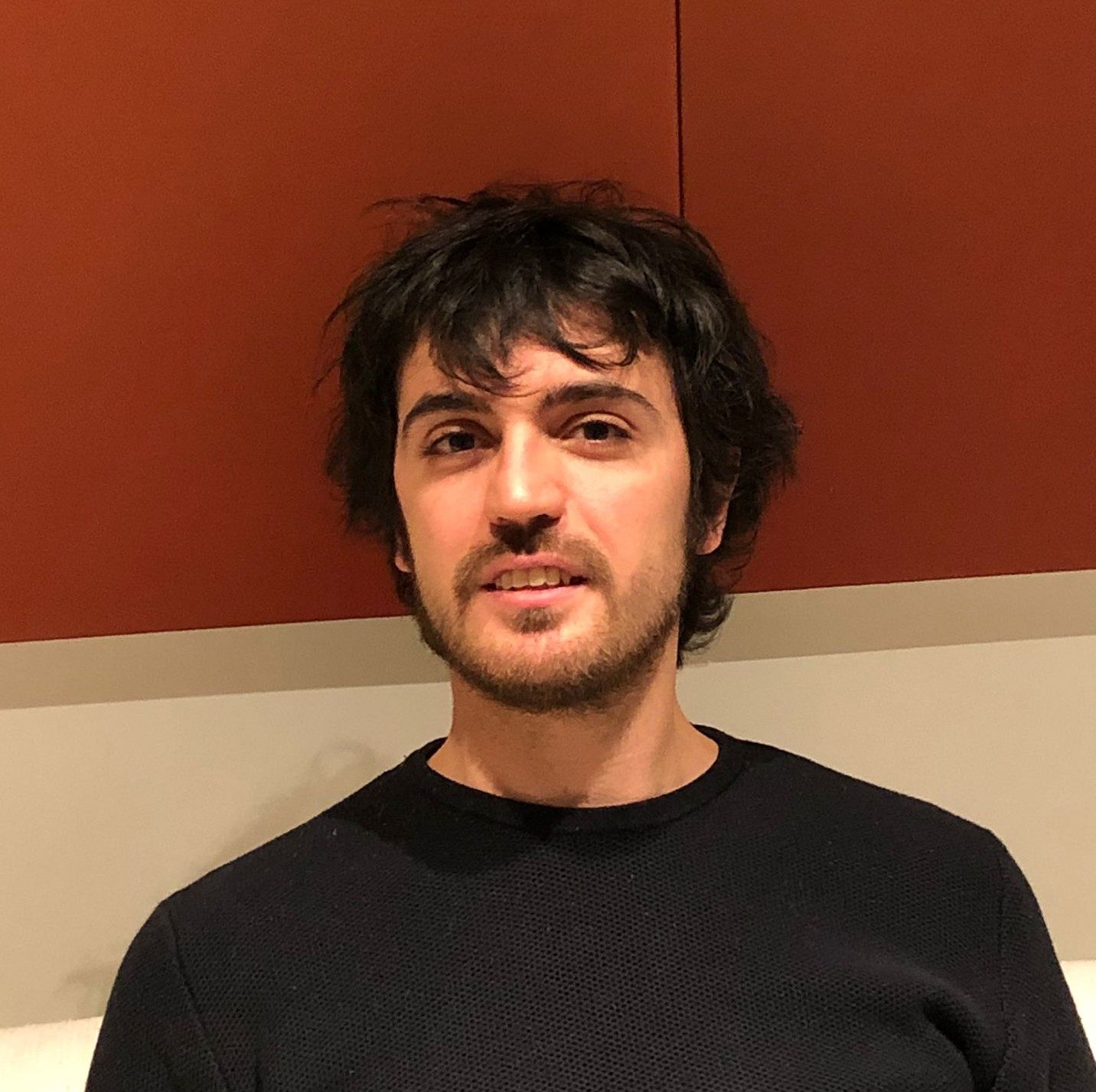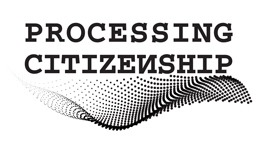LORENZO OLIVIERI

Research
I joined the Processing Citizenship project in 2019 as a PhD candidate. The goal of my research is to enquire what are the modalities of resistance exerted by migrants in their encounters with information technologies for migration management. More specifically, I focus on the friction between border-crossers’ temporalities of resistance and the temporalities of control and discipline embedded into the European migration management. To enquire these issues, I rely on narrative interviews with asylum seekers, lawyers and cultural mediators. In addition to this, in the last stage of my research I attempted to develop a ‘serious game’ which problematize some of the power relations and knowledge asymmetries which characterize migration management.
Expertise
I hold a Master Degree in Philosophy of Science, Technology and Society (PSTS) from the University of Twente and a Master degree in Philosophy from the University of Turin. During my education I was particularly interested in n combining philosophical theories and methods with observations and results originated from other scientific domains. My dissertations, for instance, attempted to look at specific philosophical problems through the lens of anthropology, psychology, ethology. My skills in interdisciplinary research were refined by the PSTS Master programme, which provided the conceptual frameworks and methodological tools for studying the relation between technology and society through different lenses, like science and technologies studies, ethics of technology and the history of technology. In my working experiences as junior researcher I had the possibility to apply this knowledge in less academic contexts. Working for Eticas (Barcelona) and the Digital Enlightenment Forum I delved into various topic concerning the societal impact of technological development, such as biometric identification practices, digital commons, platform economy and the moral and epistemological value of algorithms and big data.
Inspiration
Migrations are usually discussed in spatial terms. Enquiring them through a temporal perspective is particularly fascinating due to the entanglement of the multiple temporalities shaping the migration journey, border-crossers’ life course and migration management. I was interested in exploring how these heterogenous temporalities collide and overlap with each other, and what are the possibilities of resistance emerging from their frictions.
Moreover, during my research I stumbled upon fascinating methods for conducting fieldwork activity. These methods emphasize how the engagement with material objects as well as playing and game design can work as productive and experimental ways for eliciting reflections during ethnographic research. Inspired by these approaches, I decided to design a role-playing game about a rather specific moment of the migration journey, namely to process of 'translation' of one's own story into the standardized categories used in the forms for asylum request. The goal of the game - one of the goals, actually - is to invite players to change those categories, to create and invent new ones.
I joined the Processing Citizenship project in 2019 as a PhD candidate. The goal of my research is to enquire what are the modalities of resistance exerted by migrants in their encounters with information technologies for migration management. More specifically, I focus on the friction between border-crossers’ temporalities of resistance and the temporalities of control and discipline embedded into the European migration management. To enquire these issues, I rely on narrative interviews with asylum seekers, lawyers and cultural mediators. In addition to this, in the last stage of my research I attempted to develop a ‘serious game’ which problematize some of the power relations and knowledge asymmetries which characterize migration management.
Expertise
I hold a Master Degree in Philosophy of Science, Technology and Society (PSTS) from the University of Twente and a Master degree in Philosophy from the University of Turin. During my education I was particularly interested in n combining philosophical theories and methods with observations and results originated from other scientific domains. My dissertations, for instance, attempted to look at specific philosophical problems through the lens of anthropology, psychology, ethology. My skills in interdisciplinary research were refined by the PSTS Master programme, which provided the conceptual frameworks and methodological tools for studying the relation between technology and society through different lenses, like science and technologies studies, ethics of technology and the history of technology. In my working experiences as junior researcher I had the possibility to apply this knowledge in less academic contexts. Working for Eticas (Barcelona) and the Digital Enlightenment Forum I delved into various topic concerning the societal impact of technological development, such as biometric identification practices, digital commons, platform economy and the moral and epistemological value of algorithms and big data.
Inspiration
Migrations are usually discussed in spatial terms. Enquiring them through a temporal perspective is particularly fascinating due to the entanglement of the multiple temporalities shaping the migration journey, border-crossers’ life course and migration management. I was interested in exploring how these heterogenous temporalities collide and overlap with each other, and what are the possibilities of resistance emerging from their frictions.
Moreover, during my research I stumbled upon fascinating methods for conducting fieldwork activity. These methods emphasize how the engagement with material objects as well as playing and game design can work as productive and experimental ways for eliciting reflections during ethnographic research. Inspired by these approaches, I decided to design a role-playing game about a rather specific moment of the migration journey, namely to process of 'translation' of one's own story into the standardized categories used in the forms for asylum request. The goal of the game - one of the goals, actually - is to invite players to change those categories, to create and invent new ones.
Migrations are usually discussed in spatial terms. Enquiring them through a temporal perspective is particularly fascinating due to the entanglement of the multiple temporalities shaping the migration journey, border-crossers’ life course and migration management. I was interested in exploring how these heterogenous temporalities collide and overlap with each other, and what are the possibilities of resistance emerging from their frictions.
Moreover, during my research I stumbled upon fascinating methods for conducting fieldwork activity. These methods emphasize how the engagement with material objects as well as playing and game design can work as productive and experimental ways for eliciting reflections during ethnographic research. Inspired by these approaches, I decided to design a role-playing game about a rather specific moment of the migration journey, namely to process of 'translation' of one's own story into the standardized categories used in the forms for asylum request. The goal of the game - one of the goals, actually - is to invite players to change those categories, to create and invent new ones.
